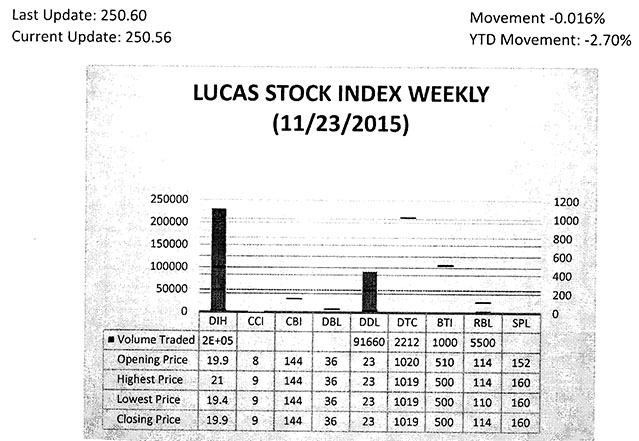Reasons for trade deficit
As was noted in the first part of this article, trade remains a very important element of the Guyana economy. However, Guyana continues to incur deficits in its international exchange of goods and services. The trade deficit could partially be explained by a lack of comparative advantage and unfavourable movements in the terms of trade, especially in sugar, oil and capital equipment. Most of  Guyana’s sugar, for example, is sold in the protected European market. However, enforcement of trade rules against discriminatory trade practices has forced the European Union to revise its relationship with sugar producers and suppliers of other primary commodities that were sold in the protected European market. Trade deficits carry a negative connotation because they reduce savings and, by inference, the potential for domestic investments. This is the implication of the widening trade deficit of Guyana. An additional implication is that the trade deficit increases Guyana’s need to borrow money from abroad, thereby leading to an increase in claims by foreigners on the resources of the country.
Guyana’s sugar, for example, is sold in the protected European market. However, enforcement of trade rules against discriminatory trade practices has forced the European Union to revise its relationship with sugar producers and suppliers of other primary commodities that were sold in the protected European market. Trade deficits carry a negative connotation because they reduce savings and, by inference, the potential for domestic investments. This is the implication of the widening trade deficit of Guyana. An additional implication is that the trade deficit increases Guyana’s need to borrow money from abroad, thereby leading to an increase in claims by foreigners on the resources of the country.
A growing debt is not sustainable either and it is not something that Guyana wants to encourage. This truth comes up against another daunting reality of Guyana’s, that is, the expansion of production and trade requires technology that Guyana does not have. Most, if not all, of the capital equipment that Guyana needs for use in the mining, agricultural, construction, financial, transportation and distributive-trade industries, have to be imported. This is where foreign investment becomes a

